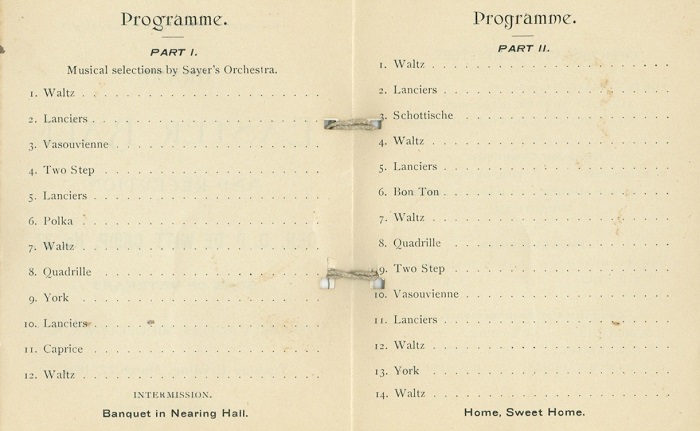Earlier this week, Baker Hughes reported financial results for the final quarter of 2012. As had been telegraphed, earnings were down compared to the same period a year ago. Revenues were off as well. Below are some thoughts regarding what we’ve read and heard from the company’s management and its customers, as well as some input from others in the oilfield:
- We get the sense Baker Hughes is beginning to re-evaluate some of its strategic assumptions and decisions. For one, management is now rationalizing certain operations in global geo-markets whose prospects are questionable. This seems a smart, if overdue, move. Continue reading “The Grapevine: Baker Hughes”











